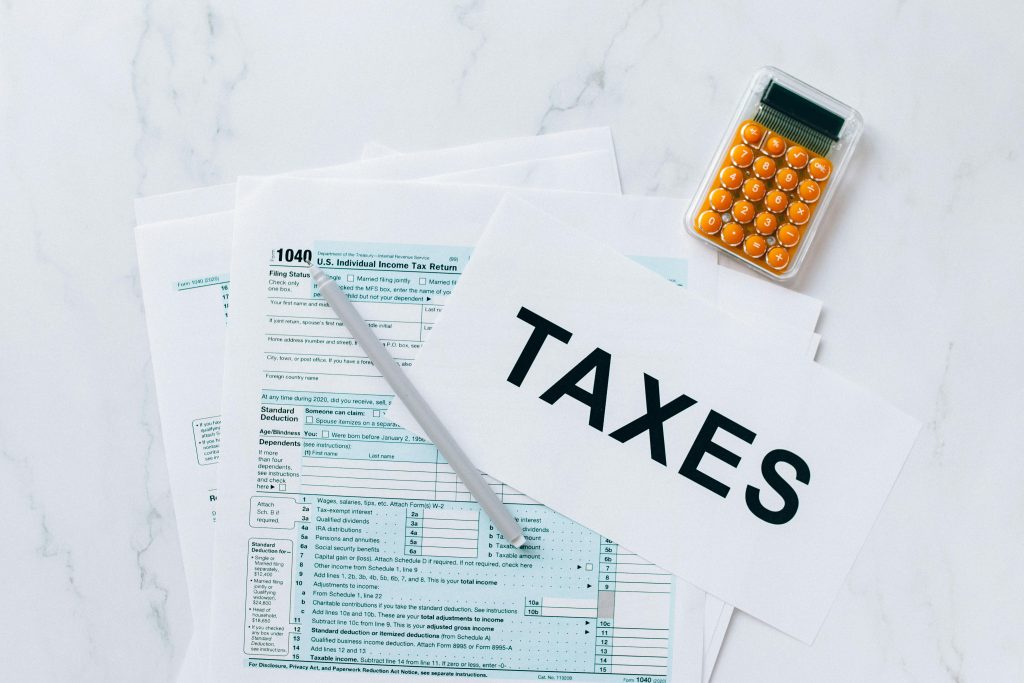Reducing Dividend Withholding Tax in Indonesia: From 20% Down to 5%

Dividend repatriation remains one of the most pressing concerns for foreign investors operating in Indonesia. By default, dividends paid to overseas shareholders are subject to Indonesia’s standard 20 percent withholding tax (WHT) under Article 26 of the Income Tax Law (Law No. 36/2008, as amended by Law No. 7/2021). For many multinational groups, this rate is considered heavy and inefficient, prompting the search for more favorable structures under tax treaties.
The first structure that often comes into consideration is the Indonesia–Netherlands–UAE route. Indonesia and the Netherlands have maintained a double tax treaty since 2002, amended in 2010, which provides for a reduced 5 percent WHT on dividends, provided that the Dutch holding company owns at least 25 percent of the shares in its Indonesian subsidiary. Once dividends reach the Netherlands, they can be distributed onward to the United Arab Emirates under the Netherlands–UAE tax treaty (1996, amended 2007). This treaty allows for a 0 percent WHT on dividends paid to a qualifying UAE company. Finally, since the UAE does not impose personal income tax on dividends, the funds can be received by individual shareholders entirely tax-free. In practice, this structure reduces the overall tax burden from 20 percent down to just 5 percent, making it a highly attractive option for investors. The critical requirement, however, is that the Dutch company must demonstrate real economic substance in the Netherlands—such as a local office, resident directors, and genuine decision-making—to avoid being classified as a conduit under anti-abuse rules.
An alternative structure is the Indonesia–China–Hong Kong route. The Indonesia–China double tax treaty (1991, amended 2004) provides for the same 5 percent WHT on dividends, again subject to the 25 percent ownership threshold. From China, dividends can then be distributed to Hong Kong under the China–Hong Kong treaty of 2006, which allows such payments to be made with 0 percent WHT. Since Hong Kong does not tax dividends at either the corporate or individual level, this route also results in a total effective tax of only 5 percent. However, unlike the Netherlands–UAE option, the China–Hong Kong structure faces additional hurdles. China maintains strict capital controls, and any dividend distribution abroad must pass through the State Administration of Foreign Exchange (SAFE). This process requires audited financial statements, proof of corporate income tax payment, and local authority approval, often leading to lengthy delays. Without clear evidence of genuine operations in China, approvals can be withheld, making this route less flexible in practice.
Both structures ultimately achieve the same tax efficiency, reducing Indonesia’s dividend withholding from 20 percent down to just 5 percent. The Netherlands–UAE route is typically favored by European and Middle Eastern investors due to its clarity and predictability, albeit with higher compliance costs to maintain Dutch substance. The China–Hong Kong route is more common for Asian investors seeking integration into the Greater China investment ecosystem, though the capital control regime in China requires far more administrative effort.
In conclusion, foreign investors in Indonesia have at least two clear pathways to optimize their dividend distributions legally and efficiently: via the Netherlands and UAE, or via China and Hong Kong. Each structure has its advantages and practical challenges, but both highlight the importance of combining international tax planning with local compliance. With the right legal and fiscal guidance, investors can legitimately reduce their effective tax on dividends from 20 percent to as low as 5 percent, while ensuring long-term security and efficiency for their global operations.
At MyLegal Indonesia, we assist investors in evaluating and implementing these structures, ensuring compliance with both Indonesian law and international treaty standards. Our expertise covers tax treaty optimization, holding company setup, and economic substance planning in jurisdictions such as the Netherlands, the UAE, China, and Hong Kong. With MyLegal Indonesia as your partner, dividend repatriation is not just about lowering tax—it is about building sustainable, compliant, and efficient investment structures for the future.

MyLegal is to provide professional services for environmental and industrial permitting, mining, and legal affairs in Indonesia. The company specializes in helping clients obtain permits and comply with regulations related to environmental protection, mining operations, and other industrial activities.
- CONTACT INFO
- NEWSLETTER
